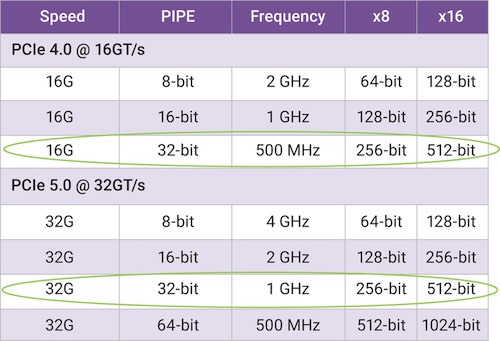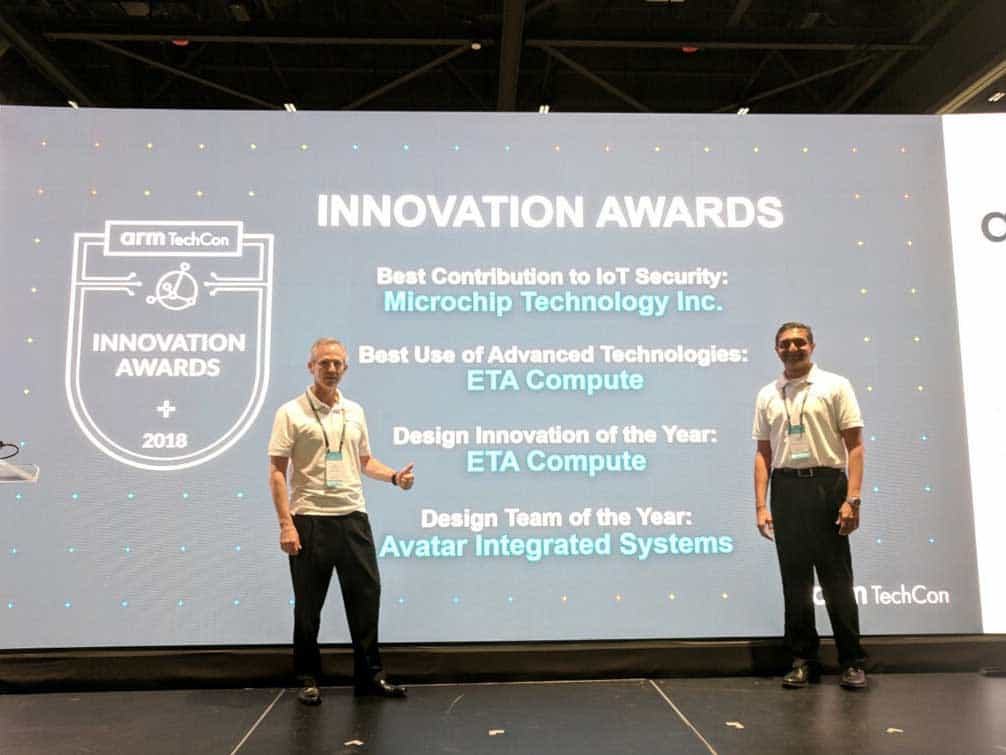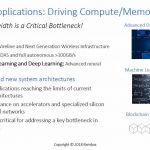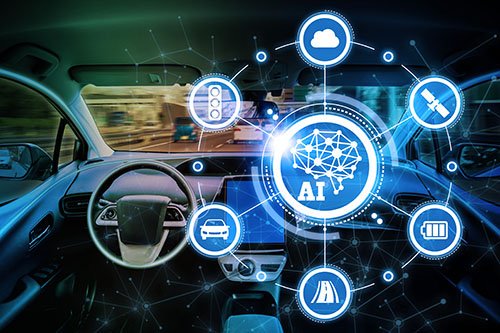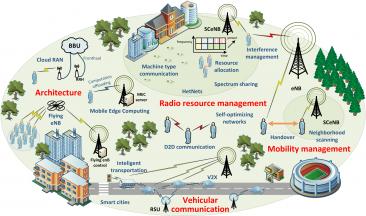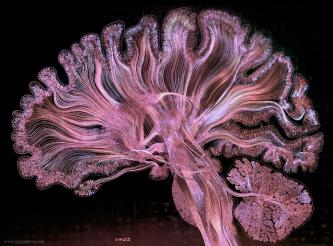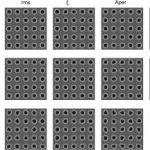Elad Raz is the founder and CEO of NextSilicon, which he established in 2018 to fundamentally rethink how HPC architectures are built. After more than two decades designing and scaling advanced software and compute systems, Elad saw firsthand the limits of fixed, inflexible processor designs. He founded NextSilicon to address… Read More
Tag: data
Webinar: From Silos to Systems, From Data to Insight (AM Session)
December 17, 2025 | 10:00 AM PST
Join us to discover how Keysight Design Data Management (SOS) Enterprise Collaboration, as the backbone for modern engineering enterprises, enables teams to build organizational knowledge, secure collaboration, and prepare their data for AI and agentic workflows that drive measurable
PCIe 5.0 Jumps to the Fore in 2019
2019 will be a big year for PCIe. With the approval of version 0.9 of the Base Layer for PCIe 5.0, implementers have a solid foundation to begin working on designs. PCIe 4.0 was introduced in 2017, before that the previous PCIe 3.0 was introduced in 2010 – ages ago in this industry. In fact, 5.0 is so close on the heels of 4.0, many products… Read More
Eta Compute Receives Two Awards from ARM at TechCon
Many startups set out with the goal of accomplishing a technical feat that was previously considered impossible. Quite frankly most do not succeed. Yet, occasionally a company comes along that succeeds with a game changing breakthrough. ETA Compute has done just this. Yet, even more impressively, this 3-year-old company has… Read More
Does the G in GDDR6 stand for Goldilocks?
In the wake of TSMC’s recent Open Innovation Platform event, I spoke to Frank Ferro, Senior Director of Product Management at Rambus. His presentation on advanced memory interfaces for high-performance systems helped to shed some light on the evolution of system memory for leading edge applications. System implementers now… Read More
New Architectures for Automotive Intelligence
My first car was a used 1971 Volvo 142 and probably did not contain more than a handful of transistors. I used to joke that it could easily survive the EMP from a nuclear explosion. Now, of course, cars contain dozens or more processors, DSP’s and other chips containing millions of transistors. It’s widely expected that the number … Read More
Increased Processing Power Moves to Edge
Recently there has been a lot of buzz about 5G networks. Aside from the talk about it possibly being nationalized, 5G will be a lot different than its predecessors. Rather than a single data link in a predetermined band, 5G will consist of a web of connections all working together to support existing types of data traffic and many new… Read More
Neural Networks Leverage New Technology and Mimic Ancient Biological Systems
Neural networks make it possible to use machine learning for a wide variety of tasks, removing the need to write new code for each new task. Neural networks allow computers to use experiential learning instead of explicit programming to make decisions. The basic concepts related to neural networks were first proposed in the 1940’s,… Read More
Memories for the Internet
In 1969 the Internet was born at UCLA when a computer there sent a message to a computer at Stanford. By 1975, there were 57 computers on the ‘internet’. Interestingly in the early seventies I actually used the original Xerox Sigma 7 connected to the internet in Boelter Hall at UCLA. A similar vintage computer is now in this room commemorating… Read More
Challenges in IP Qualification with Rising Physical Data
With every new technology node, there are newer physical effects that need to be taken into account. And every new physical effect brings with itself several new formats to model them. Often a format is also associated with several of its derivatives, sometimes an standard reincarnation of a proprietary format further evolved… Read More


